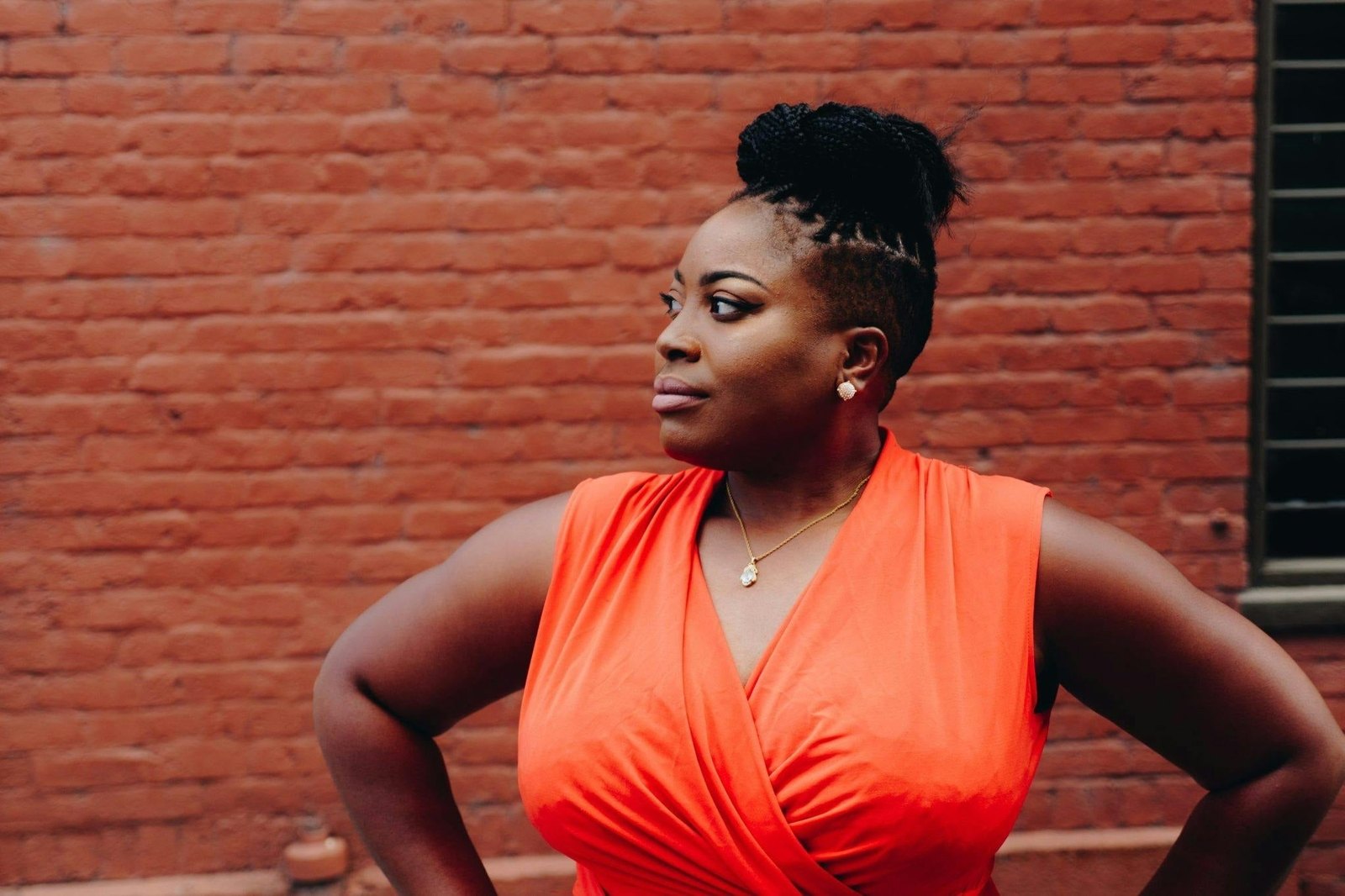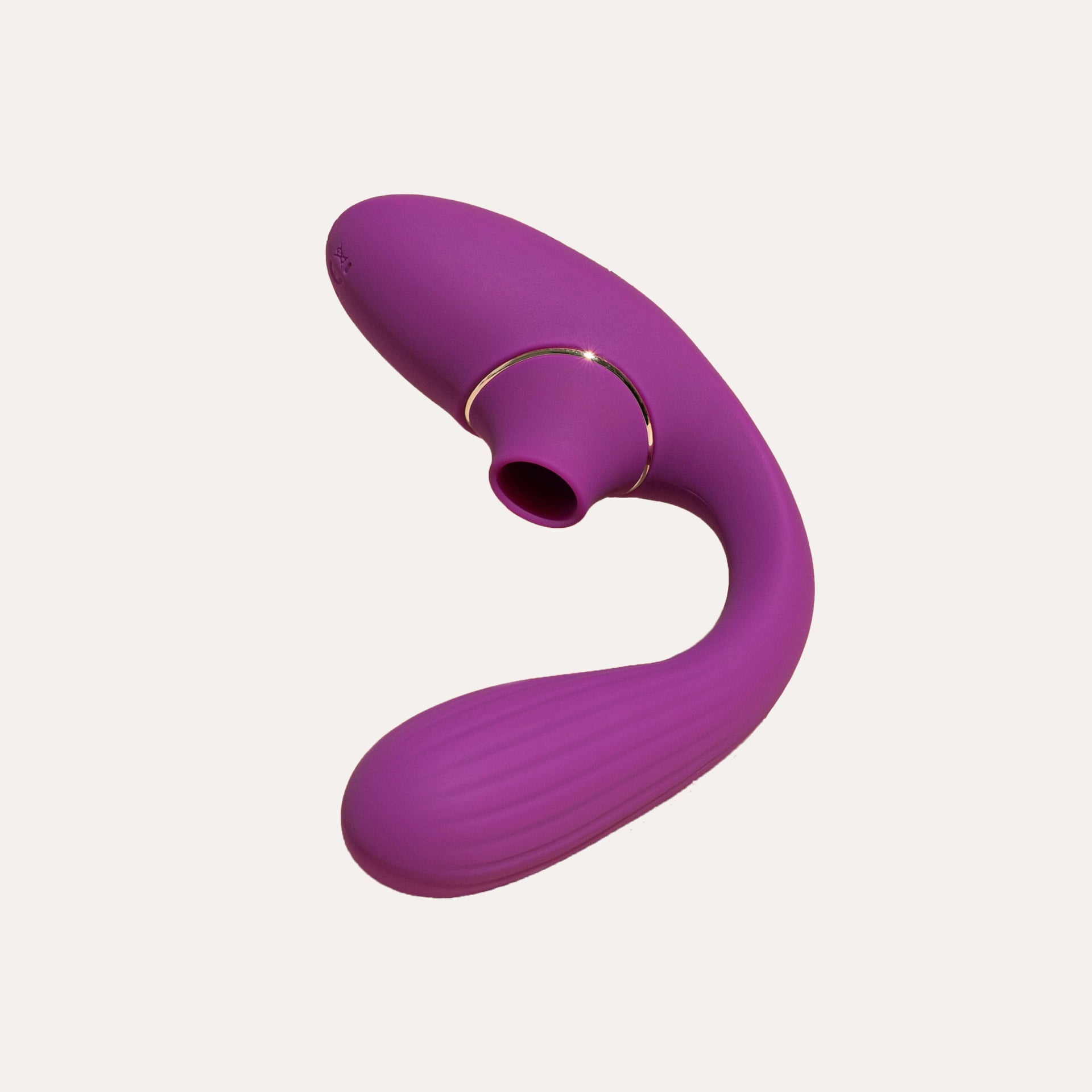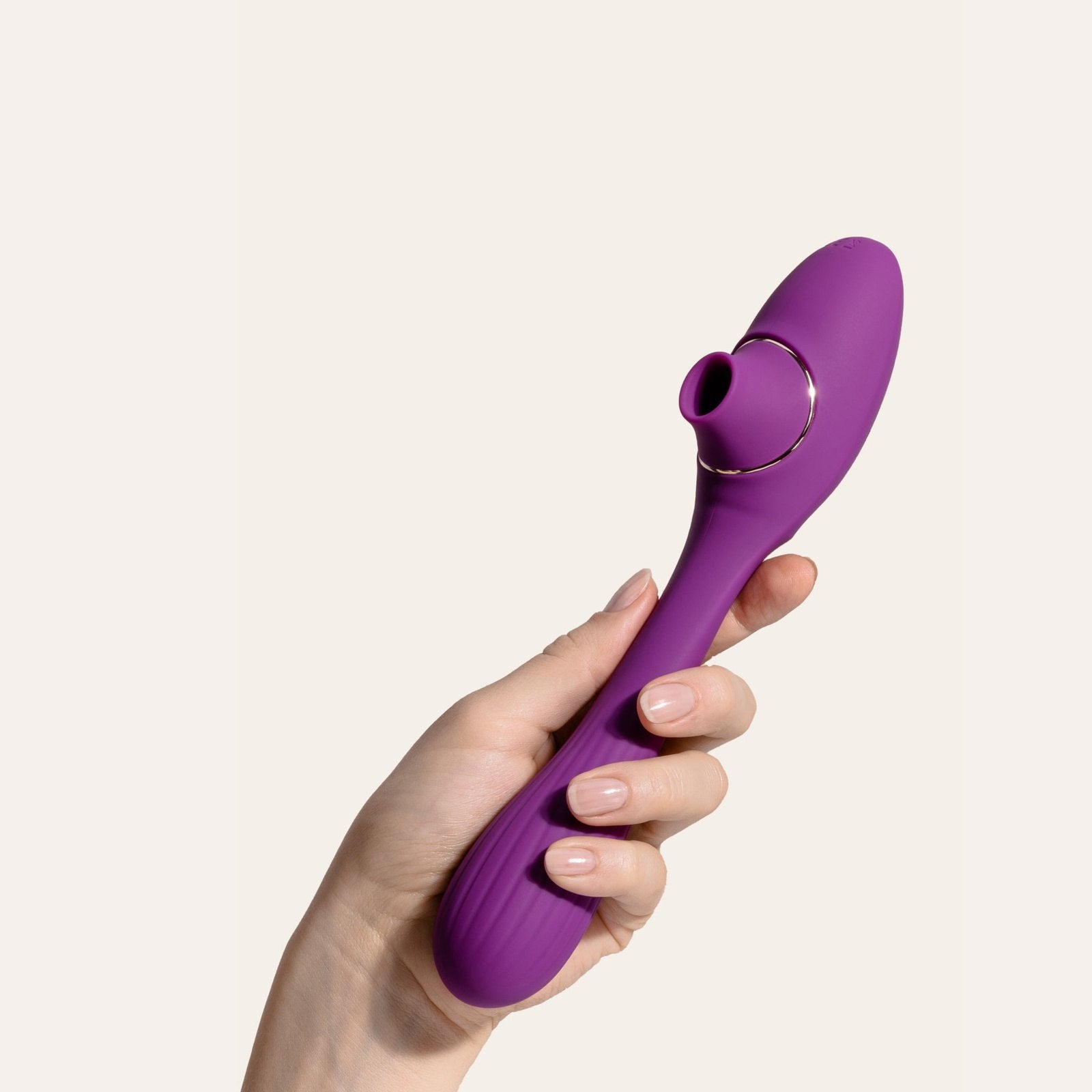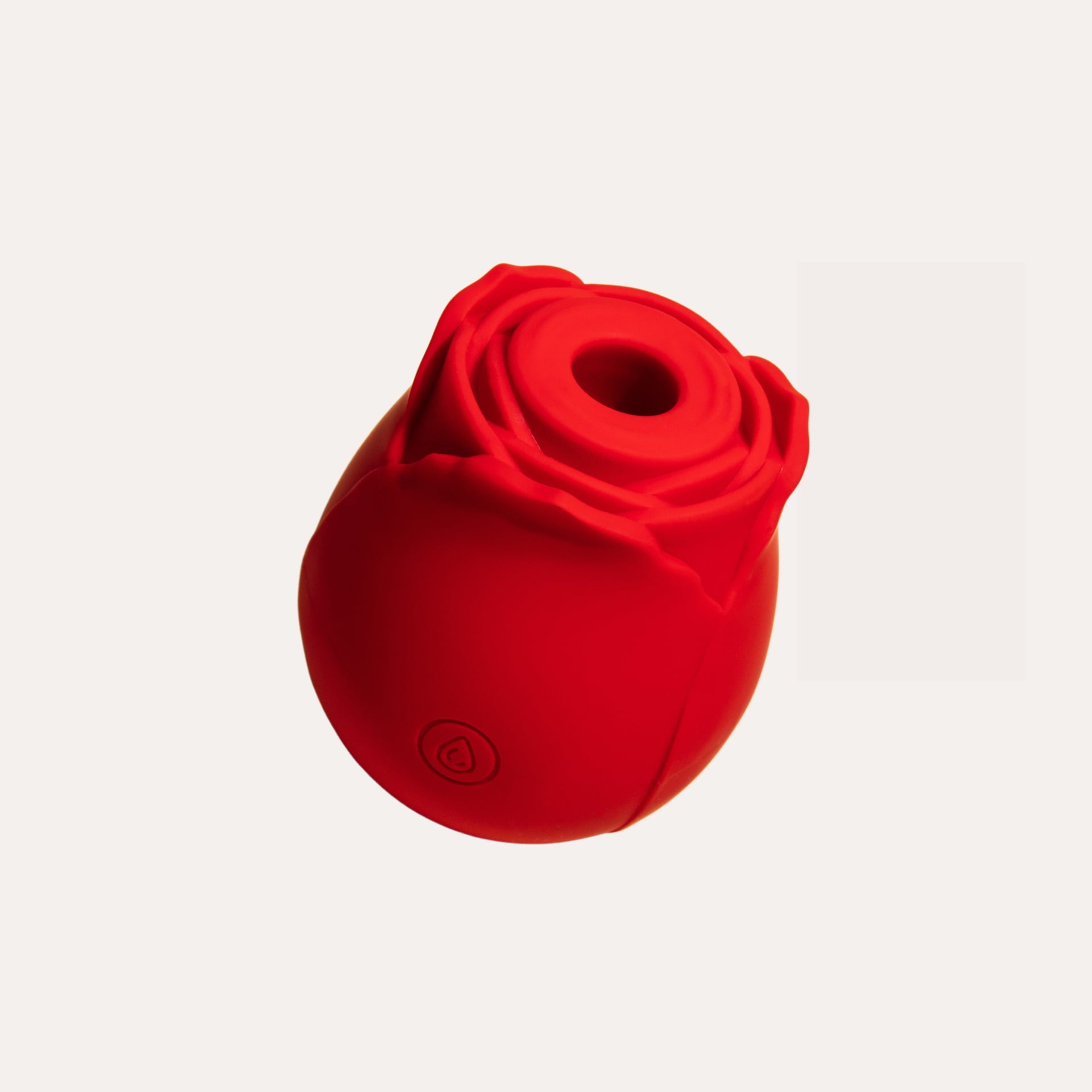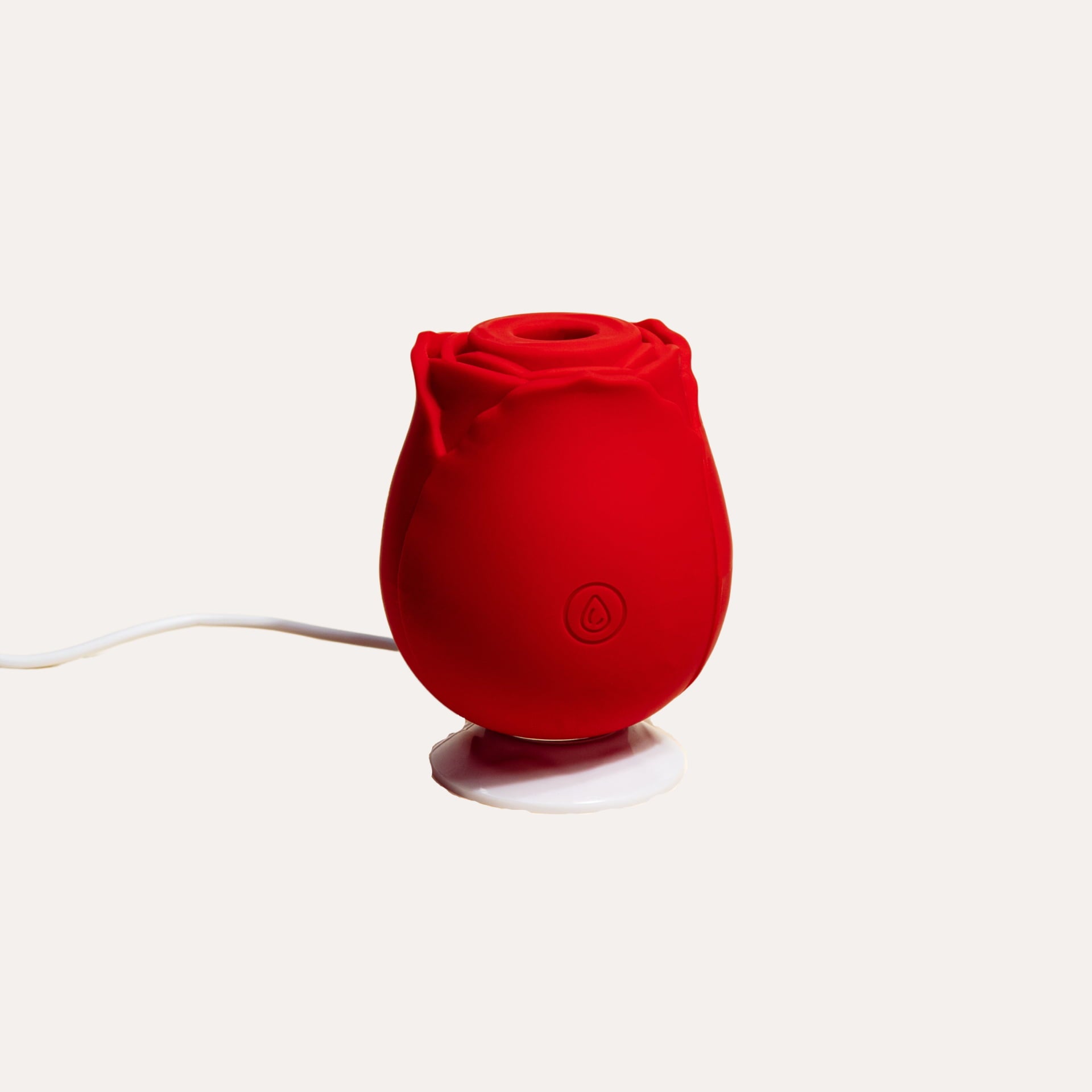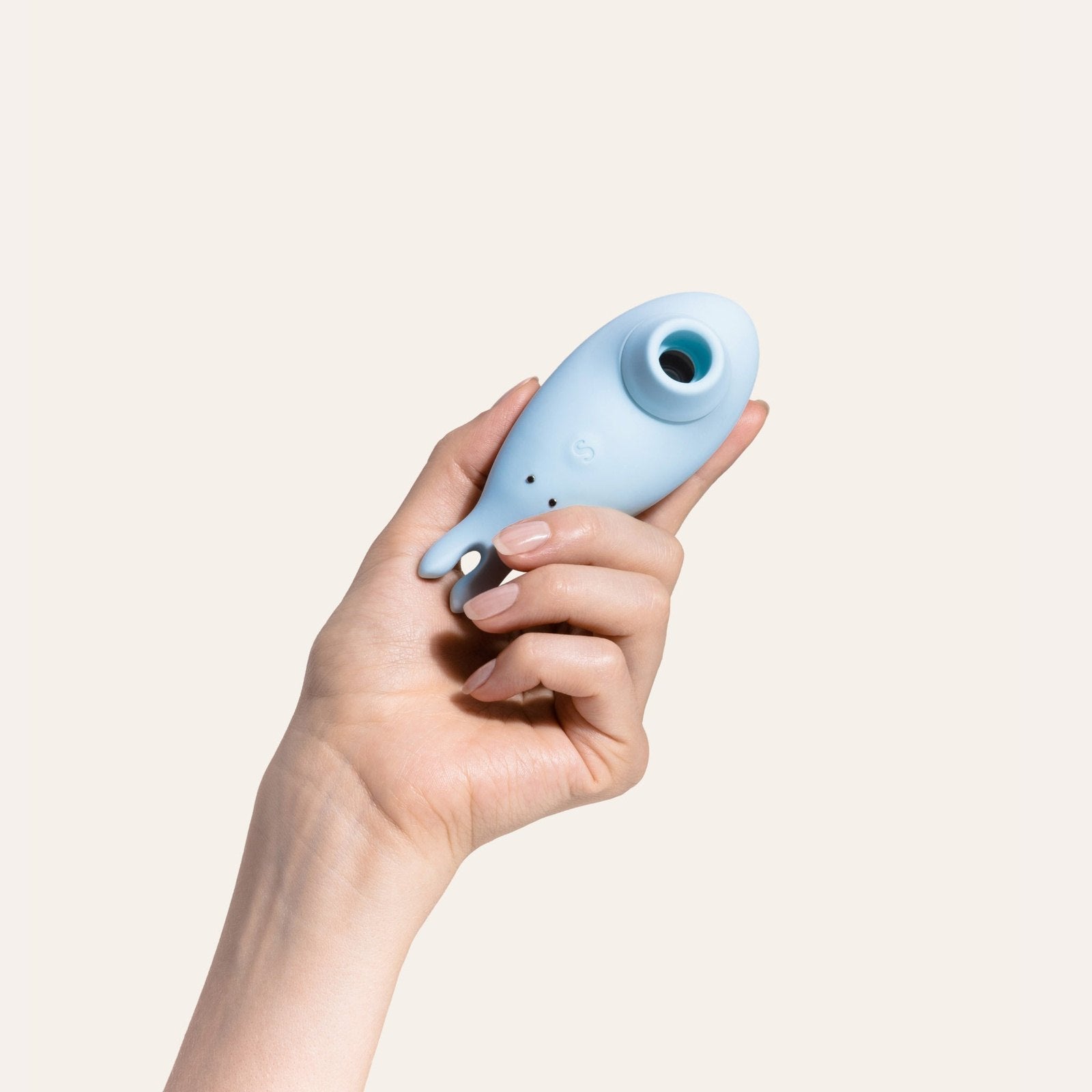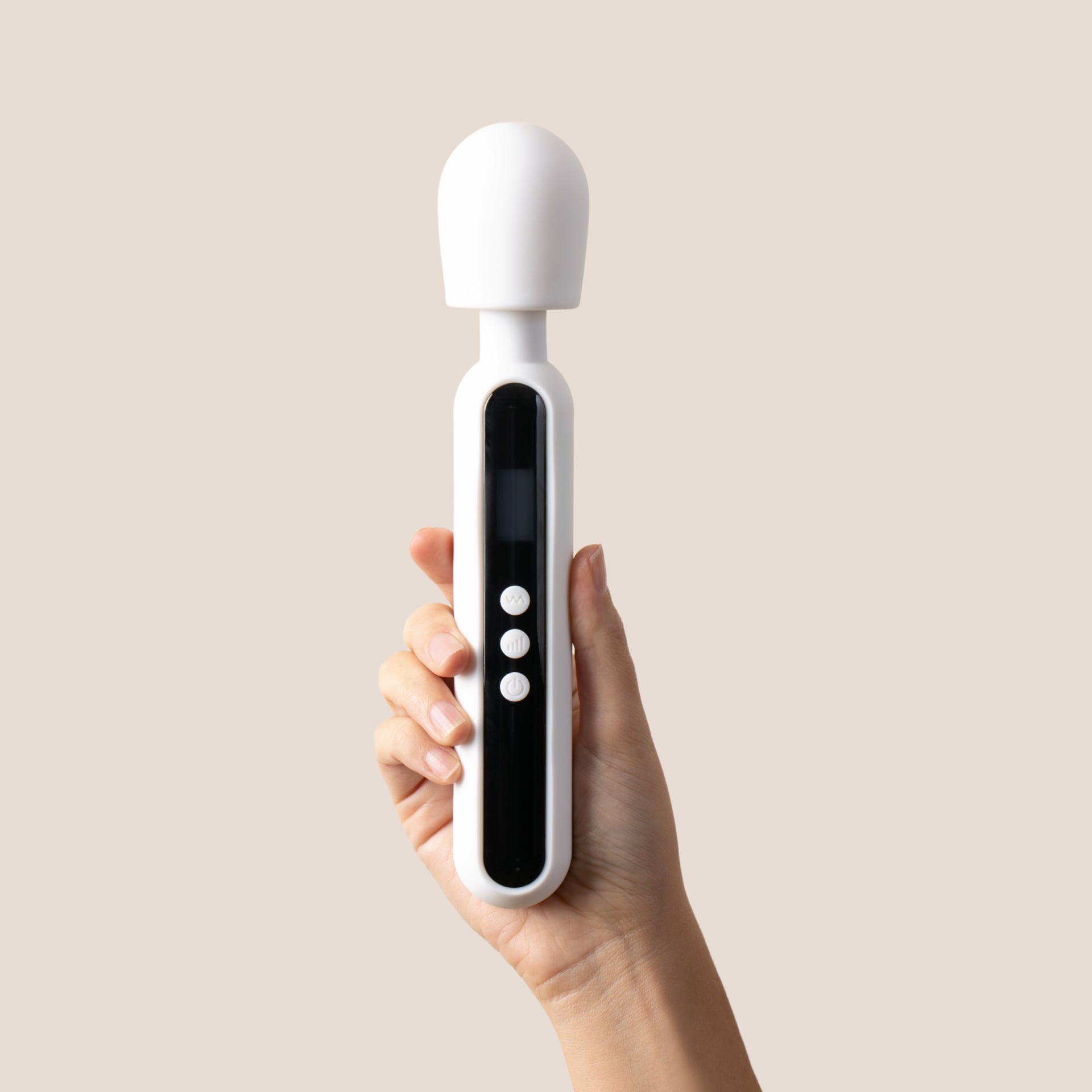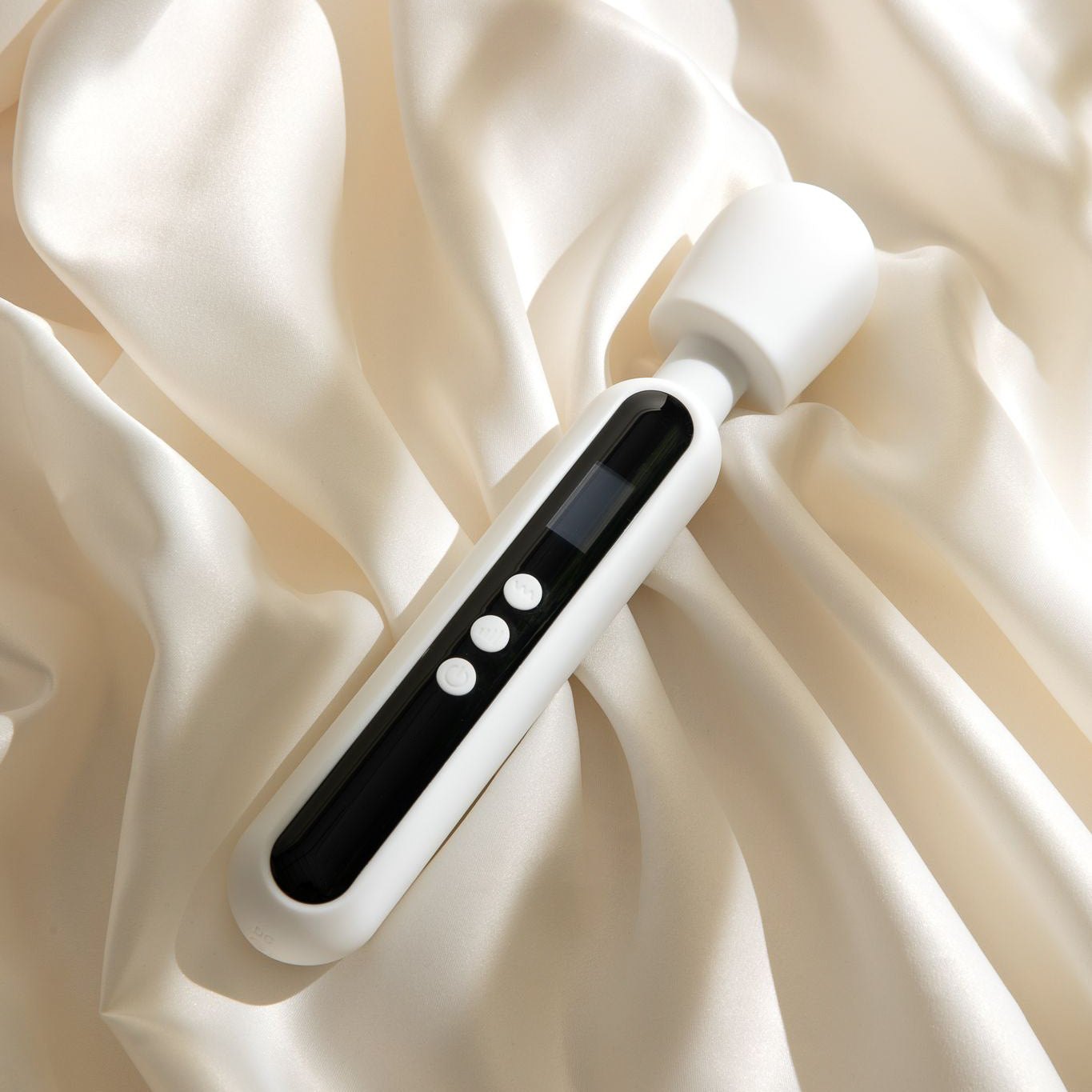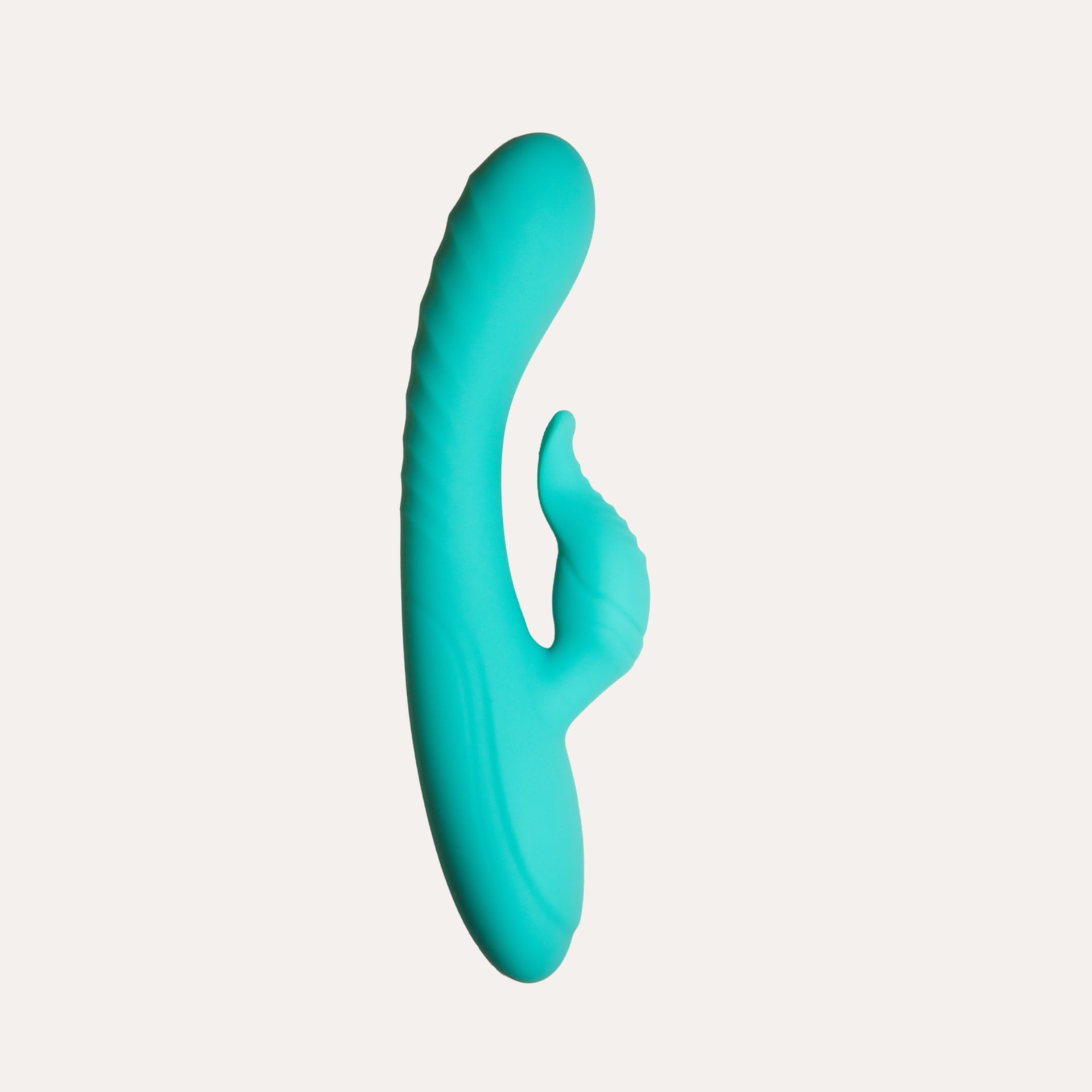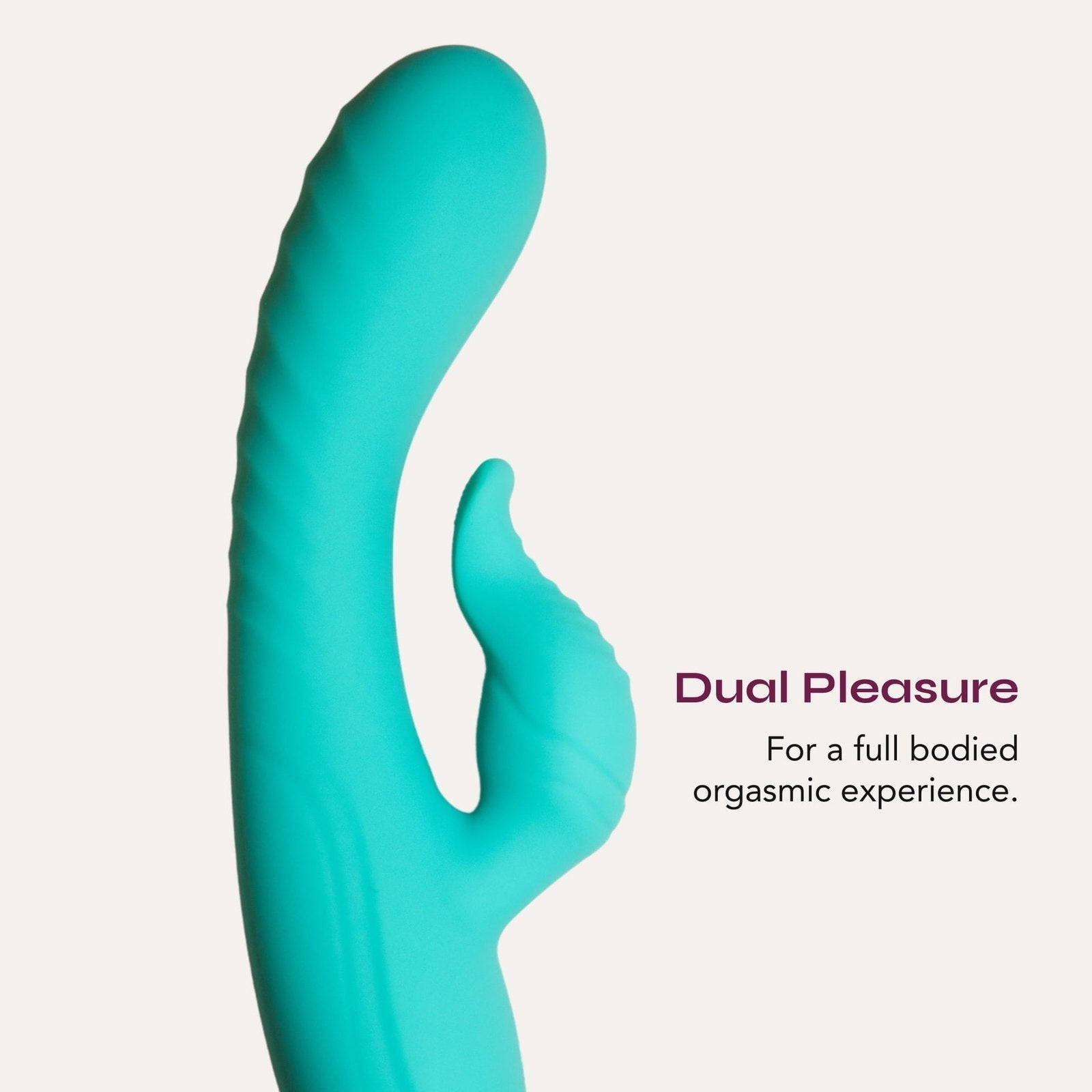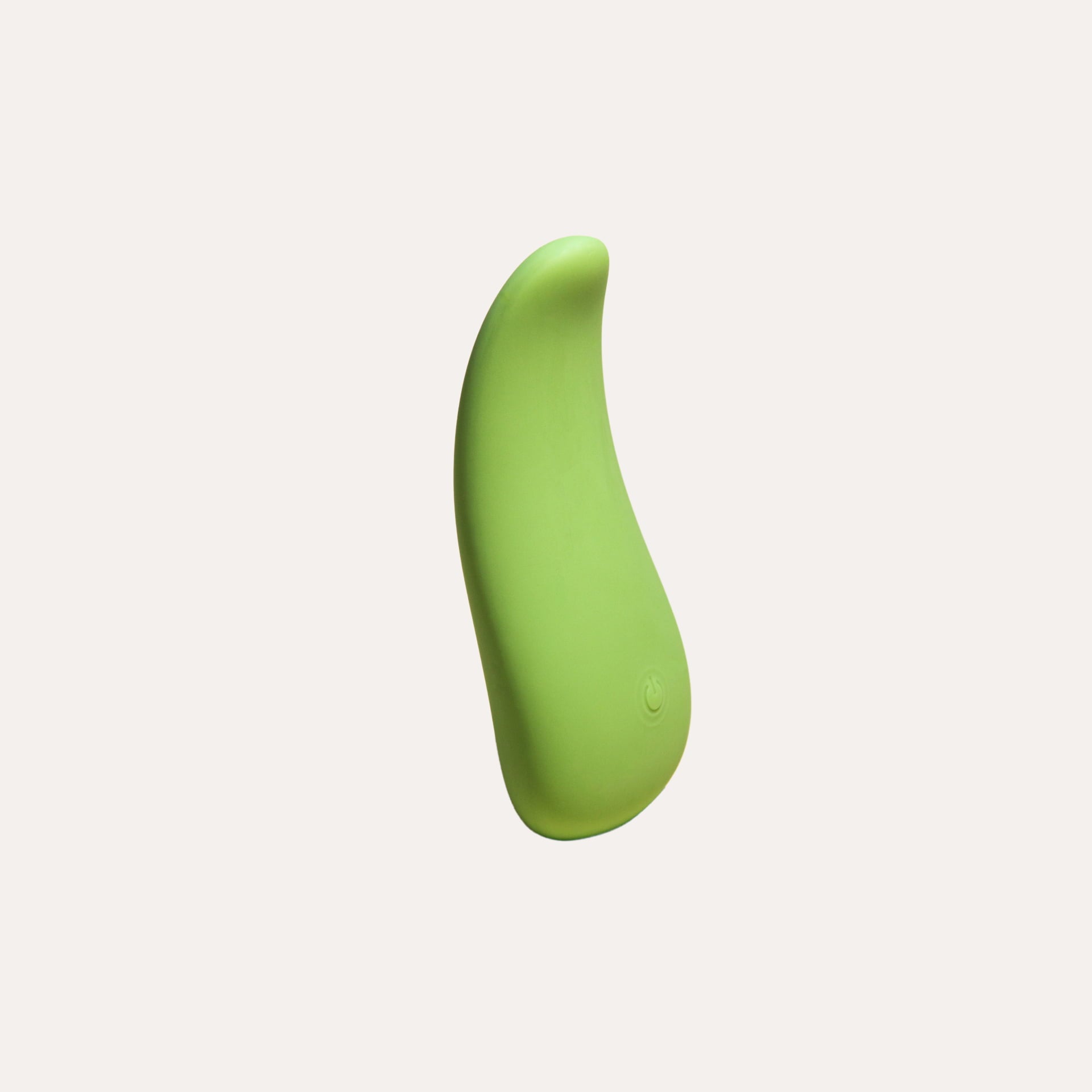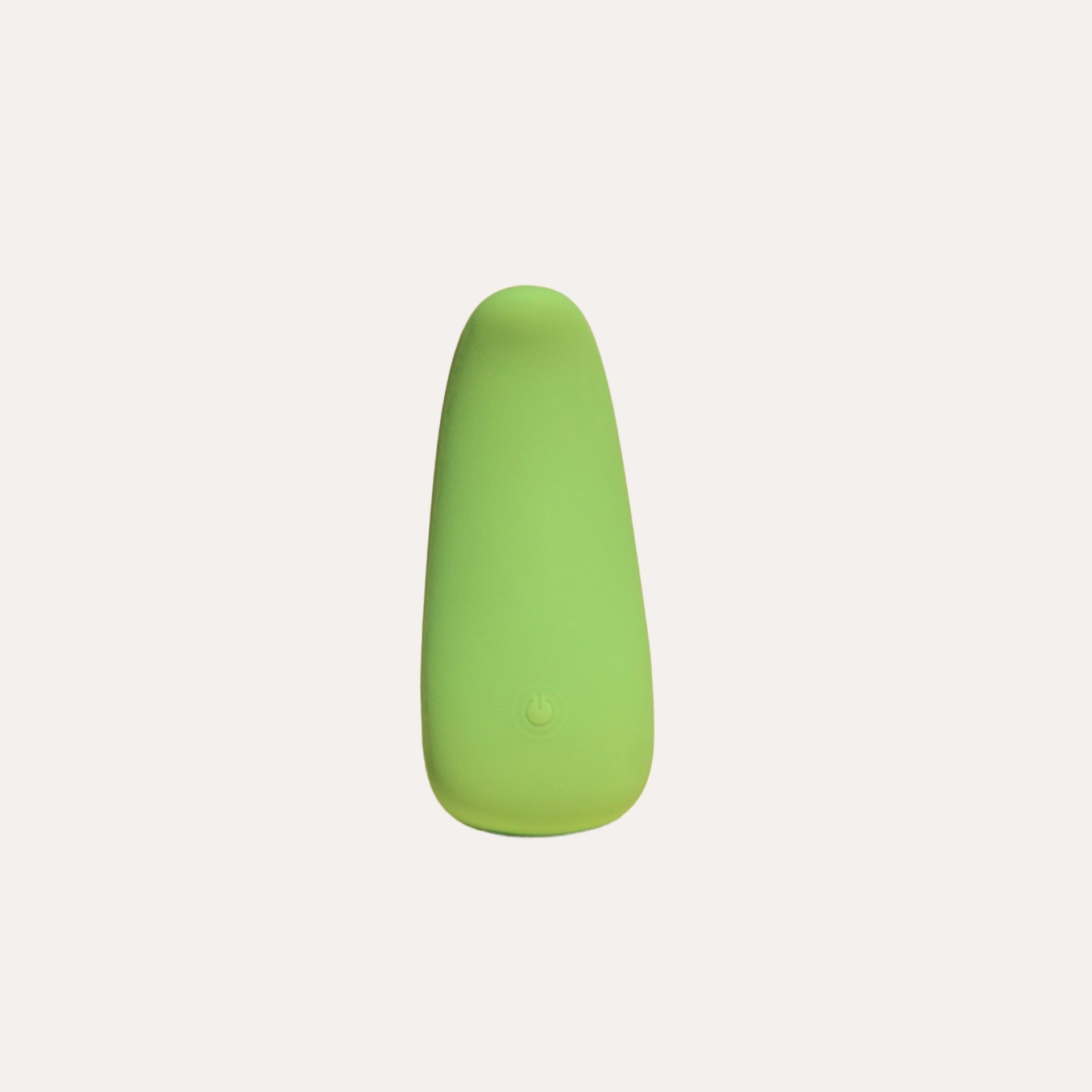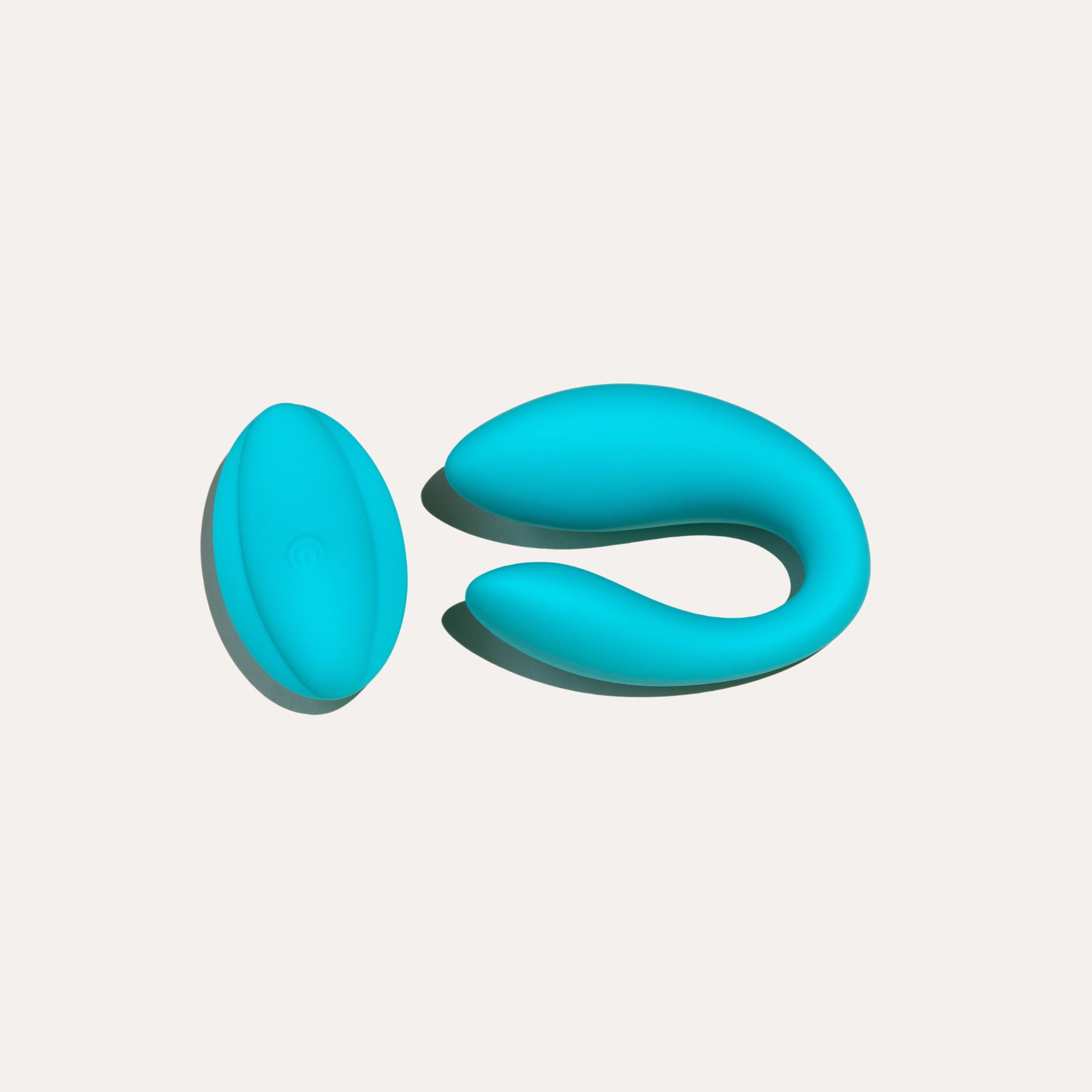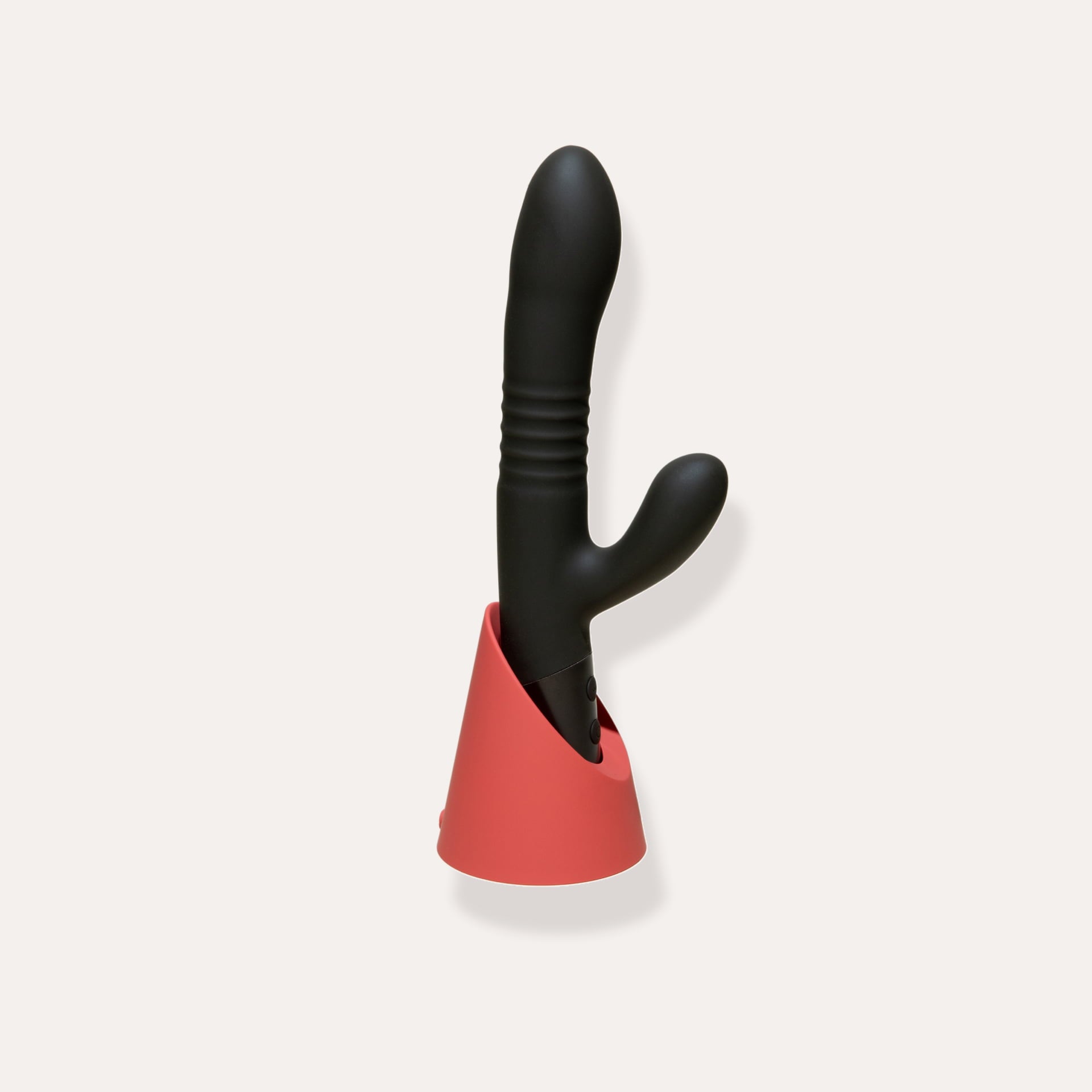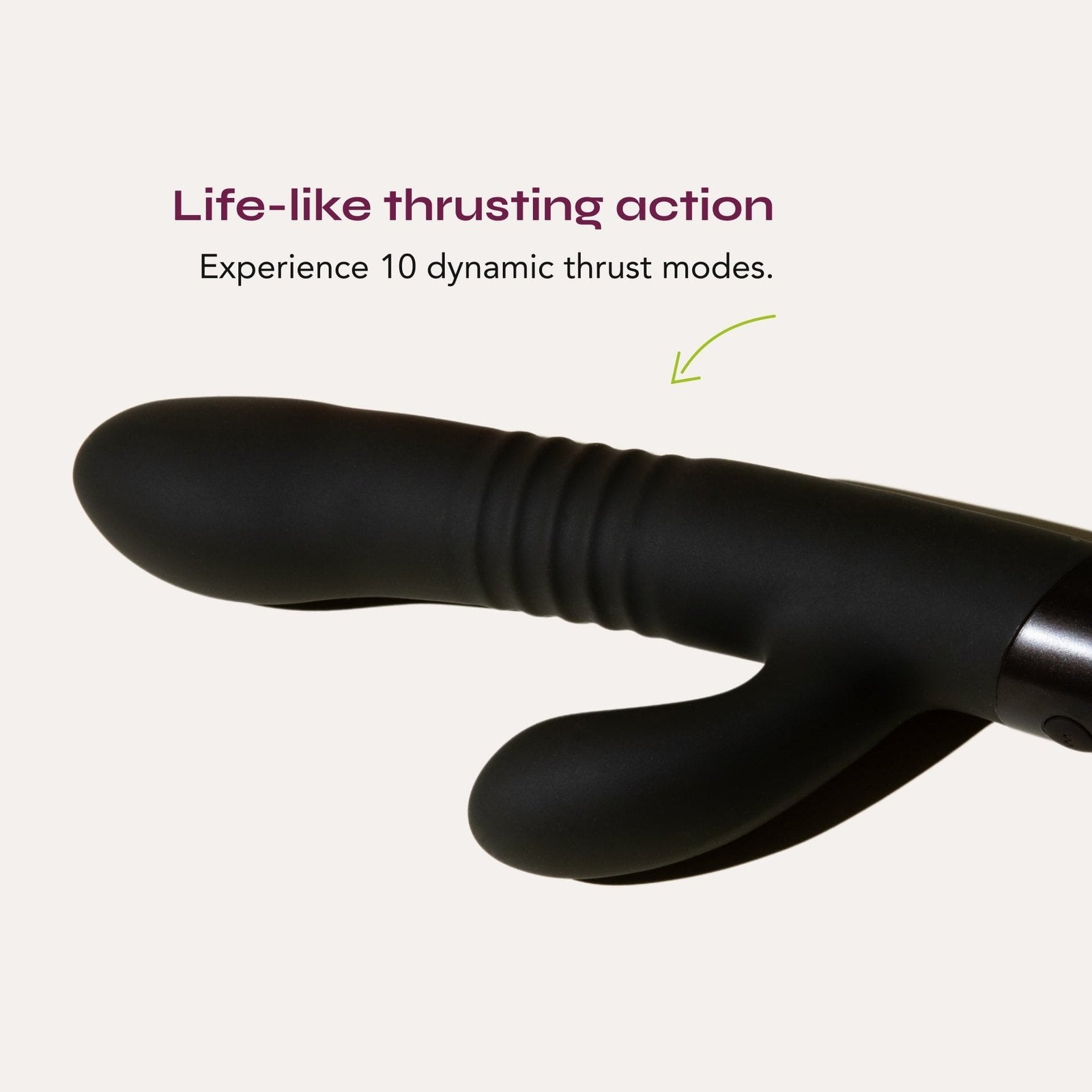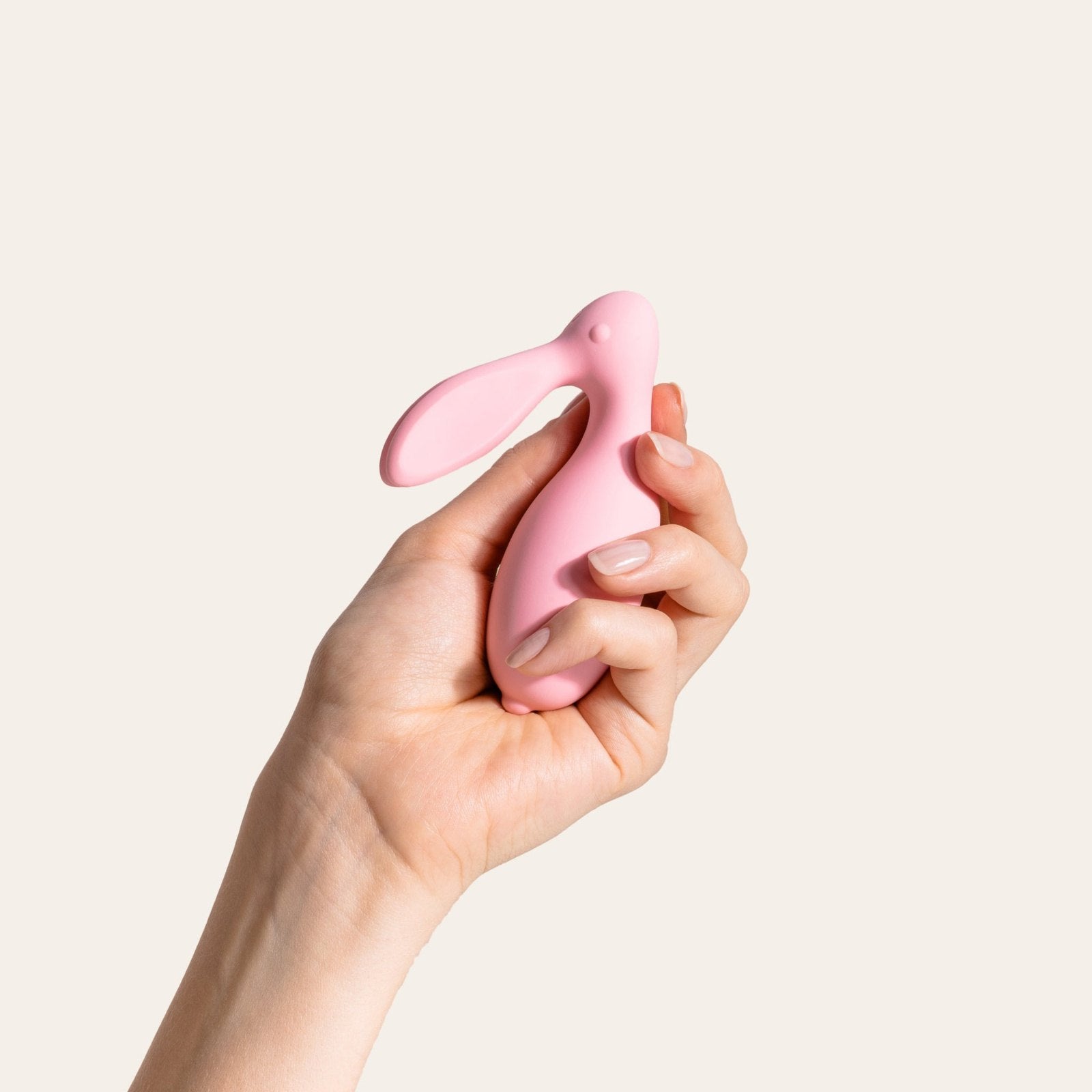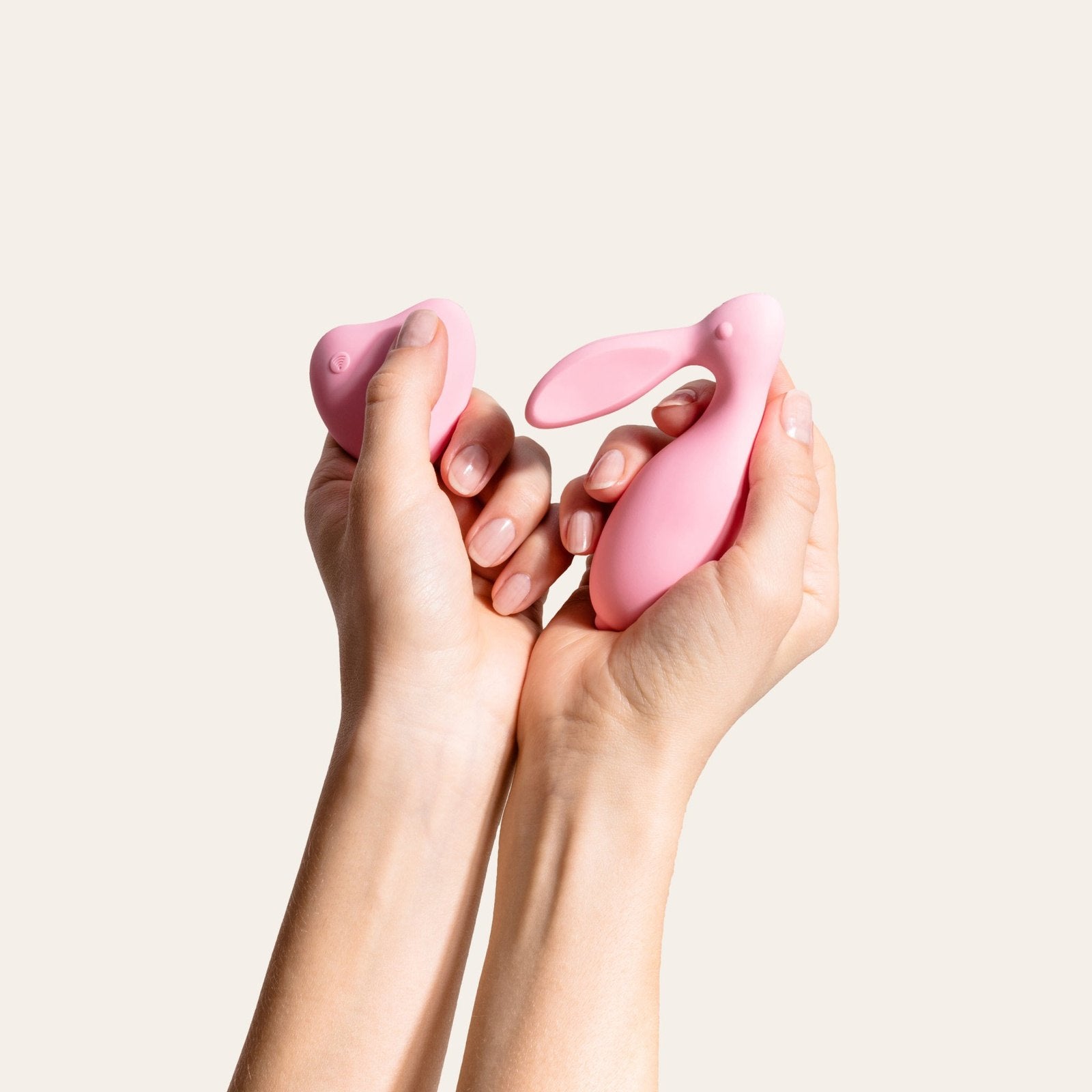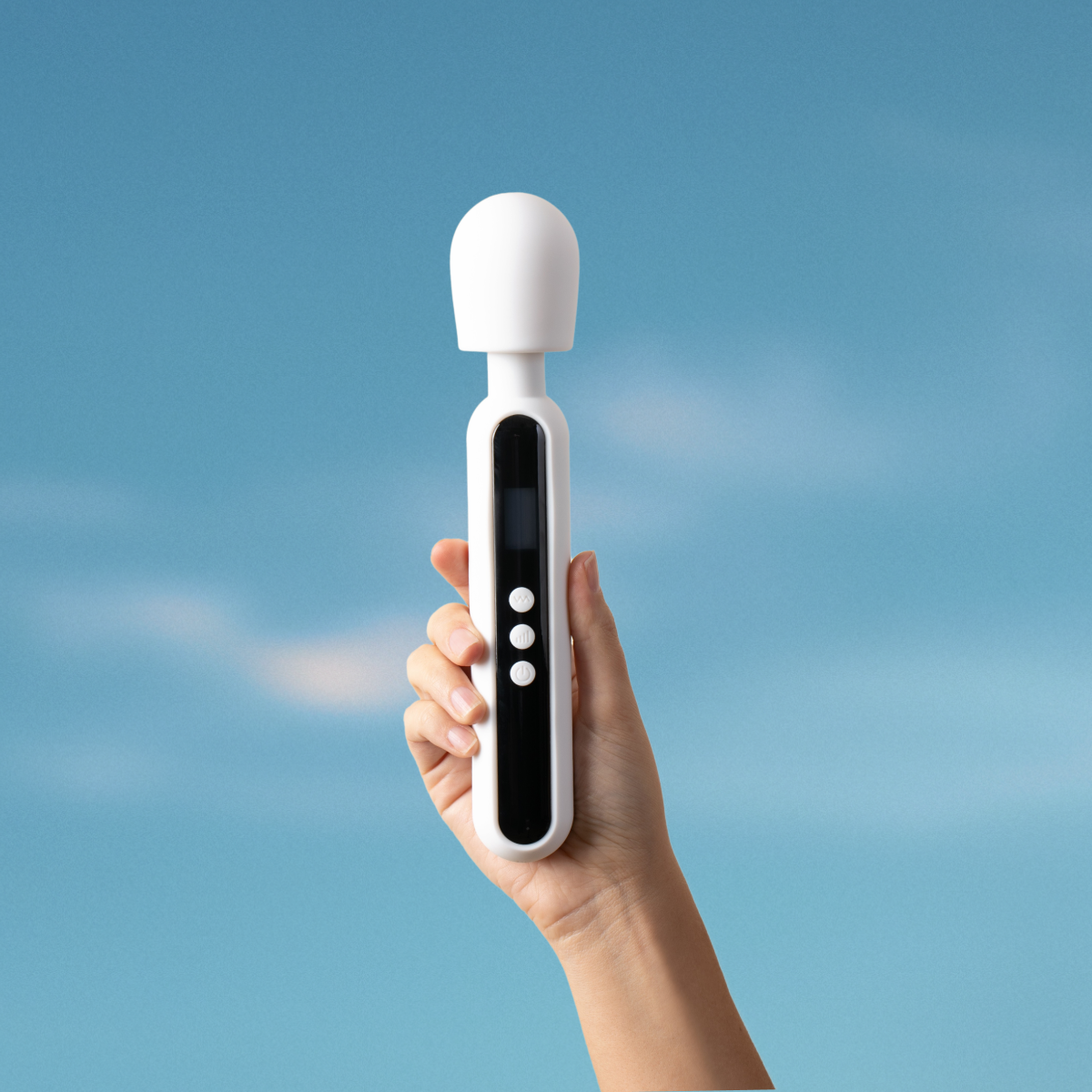Did you know that by age 60, one in three women will have experienced a hysterectomy? This life-changing surgery (that removes the uterus), second only to c-sections in frequency, affects nearly 600,000 women in the U.S. each year. For many, it comes between ages 40 and 50—a time when some women are experiencing their most fulfilling sex lives.
So, what does this mean for your sex lives? How does sex after a hysterectomy feel? When can you safely return to the bedroom, and what changes should you expect?
If you're facing these questions, you're not alone. In this article, we'll guide you through everything you need to know about rediscovering pleasure and intimacy after a hysterectomy.
Understanding Hysterectomy
A hysterectomy is more than just a medical procedure—it's a significant life event that can impact various aspects of your health and well-being. Let's break down the essentials:
What is a hysterectomy?
A hysterectomy is a surgical procedure that removes the uterus. Depending on the reason for the surgery, it may also involve removing the ovaries, fallopian tubes, or cervix.
Types of hysterectomies:
- Total hysterectomy: Removes the uterus and cervix
- Partial hysterectomy: Removes only the upper part of the uterus, leaving the cervix intact
- Radical hysterectomy: Removes the uterus, cervix, upper part of the vagina, and sometimes surrounding tissues
- Hysterectomy with bilateral oophorectomy: Removal of the uterus and both ovaries
Why?
Hysterectomies are performed for various reasons, including uterine fibroids, endometriosis, uterine prolapse, abnormal uterine bleeding, chronic pelvic pain, and certain types of gynecological cancers.
What Changes to Expect
The changes you will experience will depend on the type of hysterectomy. For instance, if your ovaries are removed, you'll experience immediate menopause. If your ovaries are left intact, hormone production continues as normal.
No More Menstruation:
The most immediate change is the cessation of menstruation. This means no more periods or related discomfort, which many women find liberating for their sex lives. Without the worry of pregnancy or menstrual timing, you may experience newfound sexual freedom and spontaneity.
On Pleasure:
Hormonal shifts can affect libido and vaginal lubrication, especially if your ovaries were removed. You might notice decreased natural lubrication, which can be easily addressed with lubricants.
Some women report changes in orgasm intensity or duration, though many find their orgasms unchanged or even improved.
On Pain:
You may experience some initial discomfort or pain during intercourse as your body heals. This typically improves with time and proper care. The removal of the cervix might alter sensations during deep penetration, but many women adapt and find new areas of pleasure.
On The Positives:
On the positive side, without the worry of pregnancy, menstrual cycles, or discomfort from previous conditions, many women report increased sexual satisfaction and freedom. Some even experience heightened arousal and more intense orgasms once fully healed.
Remember, these changes vary greatly from person to person. Open communication with your partner and patience with your body are key as you navigate this new chapter in your sexual journey.
Studies Show The Potential for Improved Sexual Function Post-Hysterectomy
Contrary to common concerns, research suggests that many women experience improved sexual function after a hysterectomy.
A 2007 study published in the Journal of Sexual Medicine found that sexual pleasure significantly improved in about 70% of women six months after hysterectomy, regardless of the surgical approach used.
Why the improvement? For many, the relief from pre-existing conditions like pain, heavy bleeding, or fibroids leads to more comfortable and enjoyable sexual experiences.
The elimination of pregnancy worries and menstrual-related issues can also reduce anxiety around sex.
Some women report increased libido and more intense orgasms after recovery. This may be due to increased focus on sexual health during the healing process, leading to better communication with partners and exploration of new techniques.
While individual experiences vary, these findings offer encouraging prospects for women undergoing hysterectomies. They highlight the potential for a renewed and often improved sexual life post-surgery.
How Long to Wait Before Having Sex? Will It Feel The Same?
Maureen Whelihan, MD, an OB/GYN in Palm Beach County, FL, says “You want to wait [to have sex] for about 4 weeks to allow healing of the top of the vagina.”
The general advice is to wait 4 to 6 weeks before having penetrative sex after hysterectomy. This allows the sutures and vaginal cuff to heal.
However, she mentions “there are many other ways for sexual fulfillment and release that don't require penetration.”
She’s talking about clitoral stimulation, folks.
(Also see: foreplay, arousal, erogenous zones.)
So, is sex different after a hysterectomy? A hysterectomy is not likely to change how penetrative sex sensations feel, it's more likely that hormonal changes (if the ovaries were removed) may alter desire for sex, arousal response or vaginal lubrication.
If Ovaries Are Removed
Not every hysterectomy involves removing the ovaries, however, around 50% of women who receive a hysterectomy will also receive a bilateral oophorectomy (ovary removal).
For many women who receive a bilateral oophorectomy, they might have already gone through menopause. But for those who haven't, this can cause significant changes for the body almost immediately. Without the ovaries producing hormones, the body enters menopause, which can lead to symptoms such as:
- Hot flashes and night sweats
- Mood changes
- Vaginal dryness
- Reduced libido
- Changes in skin and hair texture
- Potential bone density loss
These changes, particularly vaginal dryness and reduced libido, may affect sexual experiences.
The good news is that with proper management and the right tools, many women report satisfying and enjoyable sex lives post-surgery. Treatments and aids can effectively address these symptoms, allowing for continued sexual pleasure and intimacy. (This is sort of our specialty.)
5 Essential Tips for Enhancing Pleasure Post-Hysterectomy
#1 Take It Slow:
The general rule of thumb is no penetration for 4 to 6 weeks. Recovery is a journey, not a race. Listen to your body and gradually reintroduce sexual activity. Start with gentle touches and intimacy that doesn't involve penetration. Remember, healing times vary, so always follow your doctor's advice.
#2 Strengthen Your Pelvic Floor:
Kegel exercises may be a secret weapon for boosting sexual sensation and control post-hysterectomy. However, speak with your doctor about when you can begin Kegel exercises safely.
Kegel exercises strengthen the pelvic floor muscles, which play a crucial role in sexual function and orgasm intensity.
Here's why they're important:
- They improve blood flow to the pelvic area, enhancing sensitivity
- Strong pelvic muscles can lead to more intense orgasms
- They help prevent urinary incontinence, a common post-surgery concern
#3 Explore Gentle Clitoral Stimulation Tools:
The definition of sex, after hysterectomy, doesn't just include penetration. Clitoral stimulation is often safe earlier in the recovery process than internal play.
Start with an external vibrator used over top of a pair of panties (barrier method) like our best selling cordless massage wand.
Tools like these can help awaken nerve endings, increase blood flow, and provide satisfying experiences as you heal.
Always start on the lowest setting and listen to your body.
#4 Prioritize Outercourse:
Explore the vast world of pleasure beyond penetration. Focus on sensual touching, oral sex, or mutual masturbation. This is a perfect opportunity to rediscover your body and communicate with your partner about what feels good. Not everything has to be about penetration.
#5 Embrace Personal Lubricants:
Vaginal dryness is common post-hysterectomy but easily managed with the right personal lubricant. Water-based lubes are often recommended for post-menopausal dryness as they're versatile, safe, and closely resemble natural lubrication.
When to Seek Professional Help
While some discomfort during recovery is normal, it's important to know when to consult a healthcare professional.
Don't hesitate to reach out to your doctor if you experience:
- Persistent pain during intercourse: If pain continues beyond the initial healing period or worsens over time.
- Unusual discharge or odor: This could indicate an infection.
- Unexpected bleeding: Especially if it occurs after your initial recovery period.
- Severe mood changes or depression: Hormonal shifts can affect mental health.
- Urinary or bowel issues: Such as incontinence or constipation that doesn't improve.
- Sexual dysfunction: Including loss of desire or inability to achieve orgasm that significantly impacts your quality of life.
- Symptoms of vaginal atrophy: Such as severe dryness, burning, or itching that doesn't respond to over-the-counter treatments.
Remember, your healthcare provider is your partner in recovery. They can offer solutions, adjust treatments, or refer you to specialists like pelvic floor physiotherapists or sex therapists if needed.
Embracing Your New Sexual Wellness Journey
Sex after hysterectomy doesn’t have to be filled with compromise. Your post-hysterectomy journey offers a unique opportunity for sexual rediscovery. Our best selling external clitoral massagers and stimulators might be wonderful additions to your recovery and rediscovery.
Remember, your hysterectomy doesn't define your sexuality - it's simply part of your story. With the right mindset, support, and tools, many women find their post-hysterectomy sex lives to be fulfilling and even better than before. Embrace this new chapter with optimism; your best intimate experiences may still lie ahead.

